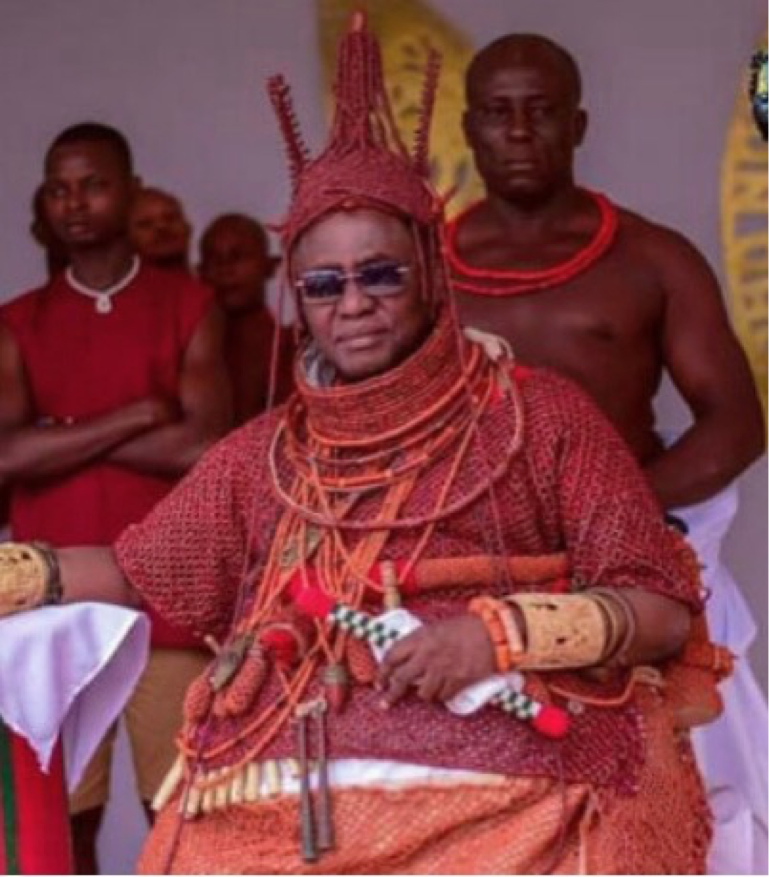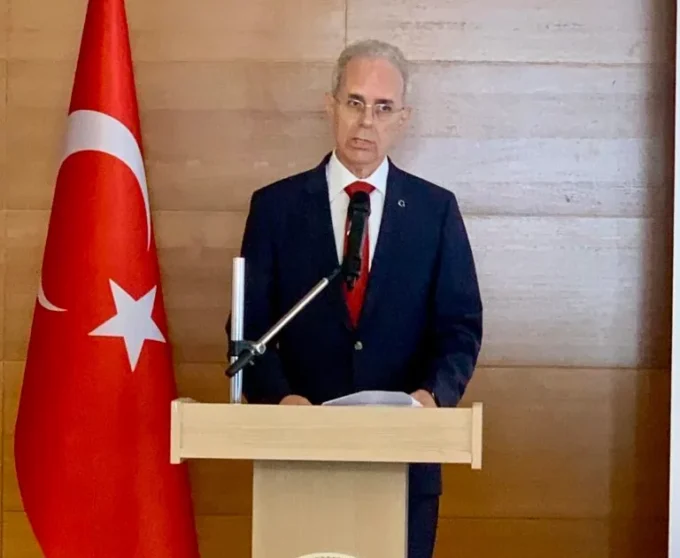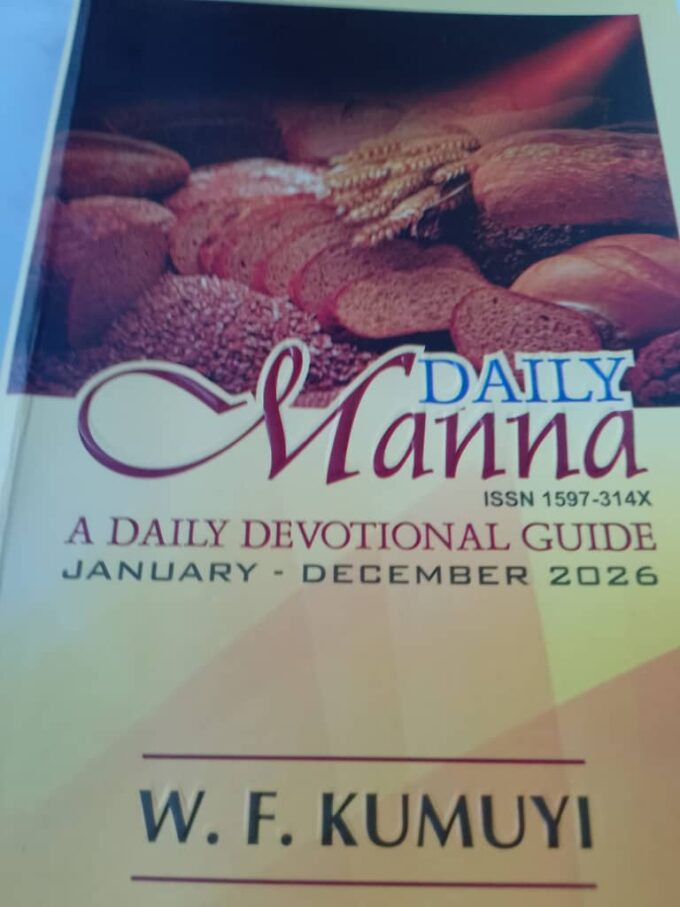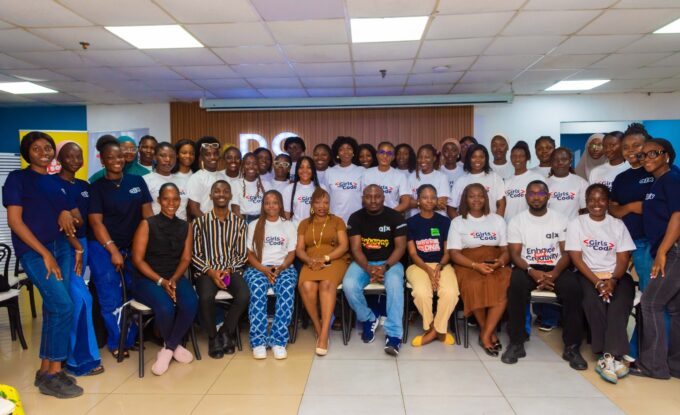In a nation where rising food prices and fuel queues dominate conversation, it may seem odd, almost indulgent, that talks have turned to centuries-old bronze sculptures. Yet, here we are. Over 100 Benin Bronzes are on their way home from Germany, joining earlier returns from Berlin and Hamburg. Nigeria is, quite literally, reclaiming its past, one artifact at a time.
But in the shadow of economic hardship, what exactly do these bronzes mean to the average Nigerian?
Looted in 1897 during Britain’s brutal sacking of Benin City, these bronzes – once glistening on palace walls – spent over a century in European museums, silent witnesses to colonial theft. Now they are returning, not to a public museum just yet, but to the palace of the Oba of Benin. That decision, made in the twilight of Muhammadu Buhari’s presidency, left some German curators flummoxed. Weren’t they promised transparency? Public access?
It raises thorny questions: Can restitution exist without public accountability? Do cultural treasures belong to the state, the people, or the original royal custodians?
Yet beyond politics lies a deeper, less tangible victory. These bronzes are not just metal – they are memory, artistry, and identity smelted into form. Their return is a quiet rebuttal to the notion that African history lives best behind European glass.
Still, some Nigerians might wonder: “Can we eat bronze?” It’s a fair question. With inflation at historic highs, such symbolic wins may feel like misplaced priorities. But perhaps there’s room for both: survival and soul.
As Nigeria prepares to house these treasures in a future museum in Benin City – and hopefully one in Abuja – the bronzes become more than relics. They become reminders that our history is not a handout. It is a right, one that must be protected, exhibited, and above all, owned.
For now, the bronzes are coming home. Whether that home becomes a palace or a public institution – well, that’s a story still being written.


















Leave a comment